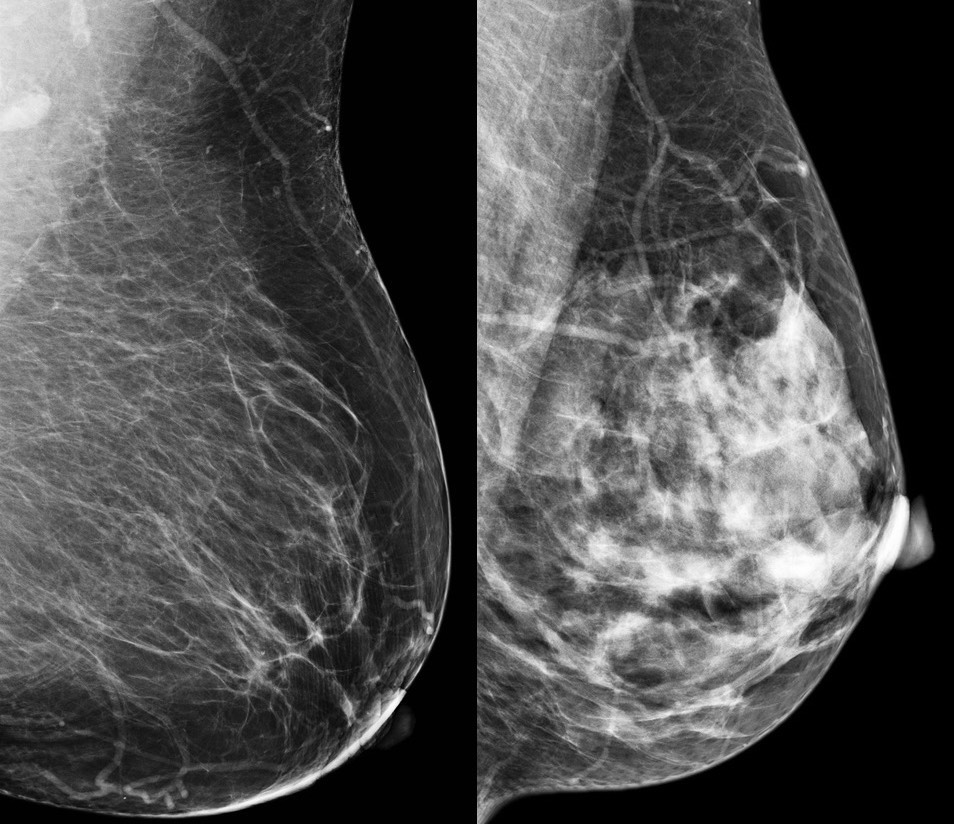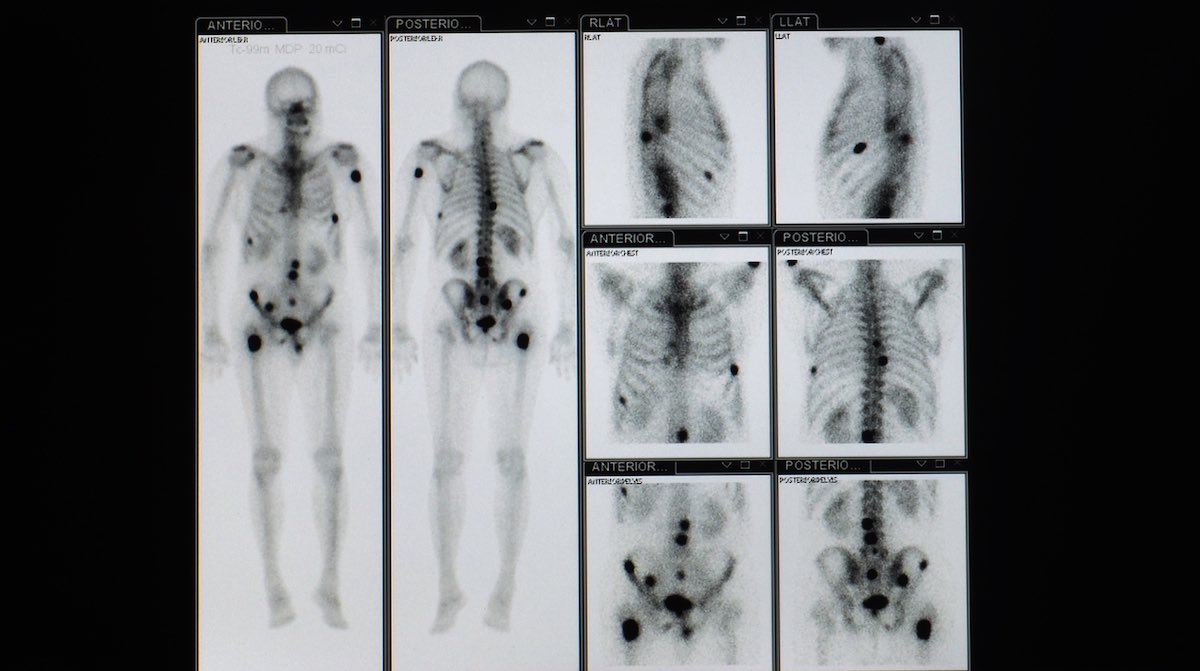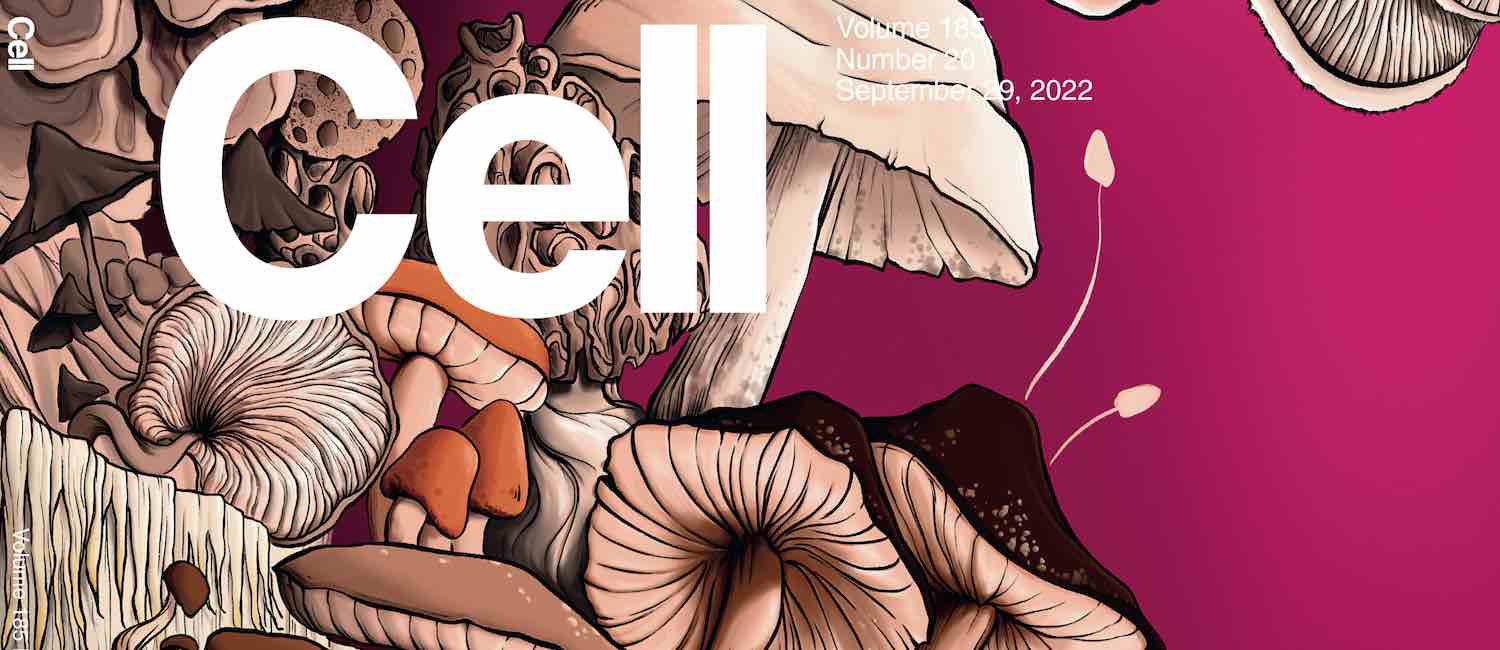Posts by author
Janet Fricker
Five San Antonio take-aways to improve care of breast cancer patients
The 2022 San Antonio Breast Cancer Symposium, hosted in association with the American Association for Cancer Research (AACR), was held December 6–10, 2022. More than 8,000 researchers, clinicians, students, and patient advocates from 90 countries attended the meeting, which focused…
Repurposed drug combination reduces risk of recurrence following surgery for colorectal cancer
Pharmacological suppression of adrenergic and inflammatory signalling using readily available drugs to lower blood pressure and reduce anxiety decreased the risk of post-surgical colorectal cancer (CRC) recurrence. The pilot COMPIT study, published in the European Journal of Surgical Oncology, 6…
Aerobic activity to outcompete metastasis
Aerobic exercise can reduce the risk of developing metastatic cancer by 73%. Using both human epidemiological data and in vivo mouse models of melanoma metastasis, Israeli investigators report in Cancer Research (November 15) that high-intensity aerobic exercise increases glucose consumption…
Biological differences revealed between dense and nondense breast tissue
Postmenopausal women with dense breast tissue compared to women of the same age who do not have dense tissue demonstrate upregulation of 124 proteins which may be responsible for creating pro-tumorigenic microenvironments. The study, published in the British Journal of…
Knowing ‘functional prognosis’ helps cancer patients plan unfinished business
More cancer patients want to be informed about their future functional prognosis than their life expectancy. The Japanese survey, published in Annals of Palliative Medicine, October 28, found that almost half of patients wanted to know about their functional progress…
New target identified for preventing cachexia
Targeting a specific enzyme in muscle could help cancer patients avoid the muscle wasting condition cachexia. The study, published in PNAS (October 17), found that a previously overlooked enzyme, known as UBR2, plays a critical role in cancer patients developing…
Radiotherapy benefits survival in patients with asymptomatic metastases
Treating high-risk, asymptomatic bone metastases with prophylactic radiation therapy reduces painful complications and extends overall survival. The study, abstract LBA 04, presented at the American Society for Radiation Oncology (ASTRO) Annual Meeting, held October 23–26, 2022, in San Diego, California,…
Fungal communities are a key part of cancer cell biology
The first pan-cancer mycobiome atlas has revealed the presence of microfungi in 35 types of cancer, with the presence of some fungi correlating with overall survival. The findings of associations between cancer and the human mycobiome were published in Cell,…
Melanoma: treatment sequence matters
Patients with metastatic melanoma who received immunotherapy before targeted therapy showed a 20% overall survival advantage at two years versus those receiving targeted therapy first, with immunotherapy after. The final results of the DREAMseq trial, published in the Journal of…
Cancer metastasis hijacks process healthy cells use to move around the body
Blocking the activity of an ion channel in a mouse model of cancer triggered metastasis independent of tumour formation. The study, published in Nature Genetics, 29th September, found that the process was not just restricted to mice with cancer; when…










